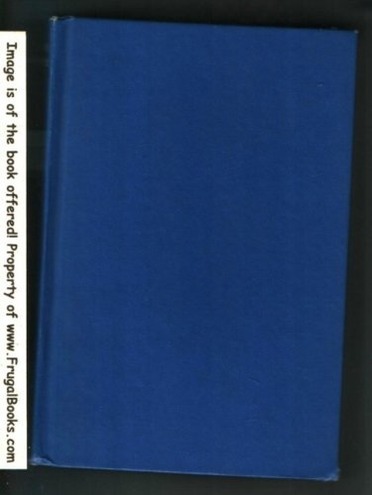










There was a time when reading Joseph Heller's classic satire on the murderous insanity of war was nothing less than a rite of passage. Echoes of Yossarian, the wise-ass bombardier who was too smart to die but not smart enough to find a way out of his predicament, could be heard throughout the counterculture. As a result, it's impossible not to consider "Catch-22" to be something of a period piece. But 40 years on, the novel's undiminished strength is its looking-glass logic. Again and again, Heller's characters demonstrate that what is commonly held to be good, is bad; what is sensible, is nonsense.
Yossarian says, "You're talking about winning the war, and I am talking about winning the war and keeping alive."
"Exactly," Clevinger snapped smugly. "And which do you think is more important?"
"To whom?" Yossarian shot back. "It doesn't make a damn bit of difference who wins the war to someone who's dead."
"I can't think of another attitude that could be depended upon to give greater comfort to the enemy."
"The enemy," retorted Yossarian with weighted precision, "is anybody who's going to get you killed, no matter which side he's on."
Mirabile dictu, the book holds up post-Reagan, post-Gulf War. It's a good thing, too. As long as there's a military, that engine of lethal authority, "Catch-22" will shine as a handbook for smart-alecky pacifists. It's an utterly serious and sad, but damn funny book.

